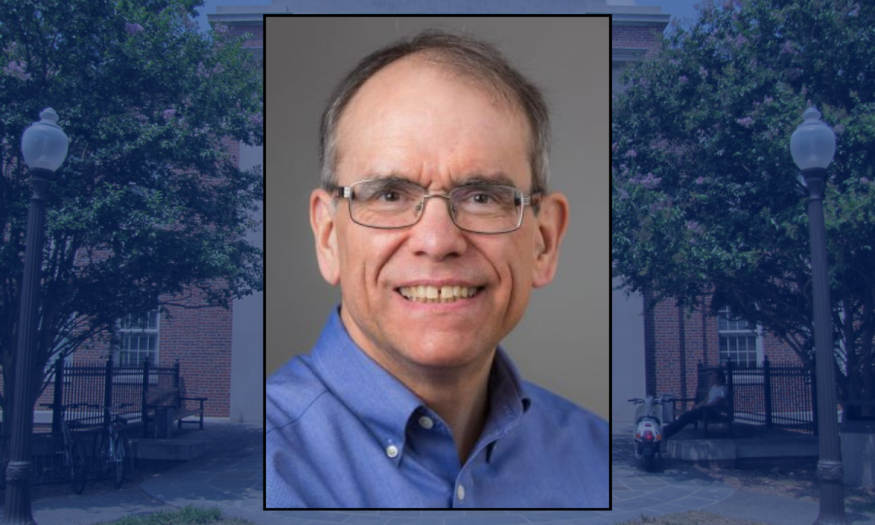Overview
The broad focus of Prof. Baranger's group is quantum open systems at the nanoscale, particularly the generation of correlation between particles in such systems. Fundamental interest in nanophysics-- the physics of small, nanometer scale, bits of solid-- stems from the ability to control and probe systems on length scales larger than atoms but small enough that the averaging inherent in bulk properties has not yet occurred. Using this ability, entirely unanticipated phenomena can be uncovered on the one hand, and the microscopic basis of bulk phenomena can be probed on the other. Additional interest comes from the many links between nanophysics and nanotechnology. Within this thematic area, our work ranges from projects trying to nail down realistic behavior in well-characterized systems, to more speculative projects reaching beyond regimes investigated experimentally to date.
Correlations between particles are a central issue in many areas of condensed matter physics, from emergent many-body phenomena in complex materials, to strong matter-light interactions in quantum information contexts, to transport properties of single molecules. Such correlations, for either electrons or bosons (photons, plasmons, phonons,…), underlie key phenomena in nanostructures. Using the exquisite control of nanostructures now possible, experimentalists will be able to engineer correlations in nanosystems in the near future. Of particular interest are cases in which one can tune the competition between different types of correlation, or in which correlation can be tunably enhanced or suppressed by other effects (such as confinement or interference), potentially causing a quantum phase transition-- a sudden, qualitative change in the correlations in the system.
My recent work has addressed correlations in both electronic systems (quantum wires and dots) and photonic systems (photon waveguides). We have focused on 3 different systems: (1) qubits coupled to a photonic waveguide, (2) quantum dots in a dissipative environment, and (3) interfaces between graphene and a superconductor, particularly when graphene is in the quantum Hall state. The methods used are both analytical and numerical, and are closely linked to experiments.
Current Appointments & Affiliations
Recent Publications
Transparent graphene-superconductor interfaces: Quantum Hall and zero field regimes
Journal Article Physical Review B · June 25, 2025 Full text CiteTransparent Graphene-Superconductor Interfaces: Quantum Hall and Zero Field Regimes
Preprint · February 18, 2025 Link to item CiteQuantum critical region of a two-dimensional spin-half XXZ model
Journal Article Journal of the Korean Physical Society · April 1, 2023 We study the properties of a quantum critical region of an XXZ model in two dimensions. The quantum critical point at zero temperature evolves as the temperature increases. Using the quantum Monte Carlo method with stochastic series expansions, we simulate ... Full text CiteRecent Grants
Quantum Phases in Nanosystems: Dissipation, Interactions, and Non-Equilibrium Phenomena
ResearchPrincipal Investigator · Awarded by Department of Energy · 2010 - 2021Quantum machine learning for dissipative dynamics of NISQ devices
ResearchPrincipal Investigator · Awarded by Brookhaven National Laboratory · 2020 - 2020Waveguide QED: Photon Correlations in Strongly Coupled Open Systems
ResearchPrincipal Investigator · Awarded by National Science Foundation · 2011 - 2017View All Grants



